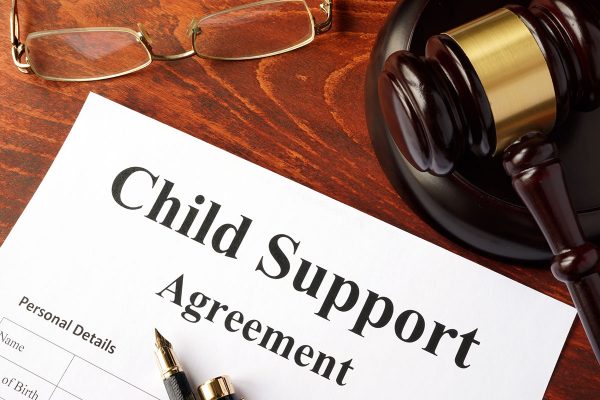My kids refuse to go
You’ve been to court and you now have final parenting orders regarding with whom the children will live, and how much time they will spend with the other parent. You may have come to the terms of the orders by agreement, or a judge may have decided them for you. But now (often years later), the children are putting up a lot of resistance. If the children know that their father is to be collecting them from a certain place, then they seem to try their best to avoid the area! Basically, the Orders are not being complied with and you don’t know where you stand.
What can you do if parenting Orders are not being complied with
Firstly, you should seriously consider family counselling. Family counsellors are trained to tackle difficult family relationships, with the aim of helping to repair them or at the very least show participants how to manage them. Secondly, you should also ensure that you are actively encouraging your children to spend time with the other parent. Compliance with parenting orders requires more than passive observation of the children’s behaviour.
If you are feeling frazzled, and this is all an information overload, feel free to contact one of our family lawyers to find out more about your options.
A desperate move
Years after making parenting orders, we have assisted distressed and worn out clients who have come to our offices with complaints regarding the other parent’s non-compliance with the existing parenting orders. If counselling hasn’t worked, and you find yourself in a desperate situation, you are entitled to apply to the Family Law Courts for help.
It is not a decision made easily, and our clients were often at their wit’s end: aside from physically forcing teenage children into the car (which is often beyond the physical capacity of the average sized parent!), they felt powerless to get them to comply with the Orders.
A parent who has intentionally or seriously breached parenting orders without reasonable excuse could face any of the following consequences:
- A change in the original parenting order;
- order to attend a post separation parenting program;
- provide for extra time with the innocent parent to compensate for time lost with a child as a result of the breach;
- order to enter into a bond;
- order to pay all or some of your legal costs;
- order to pay a fine, or a sentence of imprisonment.
What the Court said
In one particular case, we were able show that there were reasonable excuses for breaching the Orders. The Court emphasised to the other parent that being successful with this type of application is difficult. At the next court date (after the disgruntled parent had obtained legal advice), the application was withdrawn and dismissed.
How the Court determines a Contravention Application
A parent will not face a court reprimand unless they have:
- intentionally failed to comply with the order, or
- made no reasonable attempt to comply with the order, or
- intentionally prevented compliance with the order by a person who is bound by it, or
- aided or abetted a contravention of the order by a person who is bound by it.
If any of the above actions or omission have occurred, the Court then considers whether the breaching party had a reasonable excuse for the breach. If there is a reasonable excuse, the case will be dismissed. If there is no reasonable excuse, then one of the consequences listed above will be ordered (depending on the circumstances of your case).
If you have read to the bottom of this case study, then you will appreciate that enforcing proceedings can be complicated and difficult. There is no substitute for effective legal advice.




